thats amore

A SON REMEMBERS
DEAN MARTIN
thats amore
RICCI MARTIN
with Christopher Smith

Copyright 2002 Ricci Martin
First paperback edition 2004
This Taylor Trade Publishing paperback edition of Thats Amore is an original publication. It is published by arrangement with the author.
All rights reserved.
No part of this book may be reproduced in any form or by any electronic or mechanical means, including information storage and retrieval systems, without written permission from the publisher, except by a reviewer who may quote passages in a review.
Published by Taylor Trade Publishing
An Imprint of the Rowman & Littlefield Publishing Group, Inc.
4501 Forbes Boulevard, Suite 200
Lanham, Maryland 20706
Distributed by National Book Network
Designed by David Timmons
Library of Congress Cataloging-in-Publication Data
Martin, Ricci.
Thats amore : a son remembers Dean Martin / Ricci Martin with Christopher Smith.
p. cm.
1. Martin, Dean, 1917 2. Martin, Ricci. 3. EntertainersUnited StatesBiography. I. Smith, Christopher, 1961 II. Title.
PN2287.M52 M29 2002
791'.092Bdc21
2001027526
ISBN: 978-1-58979-140-4
 The paper used in this publication meets the minimum requirements of American National Standard for Information SciencesPermanence of Paper for Printed Library Materials, ANSI/NISO Z39.481992.
The paper used in this publication meets the minimum requirements of American National Standard for Information SciencesPermanence of Paper for Printed Library Materials, ANSI/NISO Z39.481992.
Frontispiece: Dean and Ricci, 1955.
: Dean, Jeanne, and Ricci Martin, November 18, 1953.
Contents

Introduction
I suppose this book started around our family dinner table decades ago. My mom always had one rulebesides the one about no hand grenades in the houseand that was no matter what events were transpiring in our individual worlds, we all were expected to be seated at the dinner table at 6 P.M. nightly for the family meal. It was there, in the cacophony of relaying the important developments of the day, requests to please pass the mashed potatoes, and the usual banter that comes with seven kids, two parents, and assorted grandparents gathered around one table, that so many stories and memories found a place to take root.
Later, that dinner table conversation would be transported from the family home to restaurants, dark little Italian cafs in Beverly Hills with names like La Famiglia or La Dolce Vita, or a table at the Hamburger Hamlet, the air aged with the smell of grilled onions and cigarette smoke. These were places where the race car of life seemed to take a pit stop, yielding a moment to reflect and reminisce before roaring off into the next curve. At the end of the race, you realize how short those moments really were.
Maybe, then, this book is an attempt to capture some of those stories before they are lost to time. This is what I remember from childhood, my teenage years, and then adulthood as the son of Dean Martin, the entertainer. Its a personal version of family history, either witnessed firsthand or recalled from things I was told by parents, siblings, relatives, and friends. It may not completely shatter any of the myths, but it will challenge a few of the tired clichs.
Being the son of Dean Martin brings with it certain expectations that were forged from Dads public image. For instance, whenever I mix my own version of one of Dads favorite orangey drinkshis term for a vodka and orange juice screwdriverthere seems to be an undue amount of attention paid to the paleness of the cocktail. Such is the Dean Martin legacy, even if its a bit overwrought.
As with most sons and daughters, there comes a perceived duty to stand up for good old Dad, no matter how much he might protest that he certainly didnt need his children defending his honor. In 1992, when Time magazine wrote a review of a biography about Dad that drew some unsavory andI feltoverly broad conclusions about the kind of person he was, I fired off a letter trying to set the record straight. Dads response was, Thanks, pallie, but whyd you do that? After a half-century of living life in the crosshairs of public scrutiny, he had developed a much thicker skin for the occasional poke than had those of us closest to him.
At times, he was noncombative to a fault. Few things really made him mad. I doubt that even the way he was characterized in some of the obituaries published after his death on Christmas Day 1995 at age 78boozy, slacker, Hollywood lightweight, womanizer, never gave a rats pack about anythingwould have generated more than a brush of the hand from Dad. He understood there was a kernel of truth in his popular image of a suave cocktail crooner with a devil-may-care attitude. It was the veneer that covered his personal life, which he guarded zealously. But over time, that exterior shell would meld with the grain of his inner self, and for some observers, the two would be almost impossible to separate and corroborate. Invariably, the need to somehow categorize Dad and what made him tick would end in a shopworn explanation that behind the faade was the Dean Martin nobody knew.
Dad did not take himself seriously. I suspect that always perplexed the people who chronicle the fortunes and misfortunes of celebrities, pushing them to find reasons why he did not seem to be the least bit self-absorbed or obsessed with polishing his image. A few concluded that, at his core, he was empty. Maybe thats the downside of not being too full of yourself. Some people assume you must not care about yourself. And if you dont care about yourself, then you probably dont care what people think about you either. So Dean Martin must not have given a damn about any of it, after all, they conclude.
Let them believe that if they want. I always had a sense that the people who were fans of Dads singing, movies, and stage acts didnt need a pop-psychologist couch trip to figure the guy out, if they even felt a need to ponder such things. It was simple. He liked to have fun. If he was paid for having fun, all the better. Its a credo Ive tried to live up to.
His outlook was carefree, rather than void of caring. As his son, I knew this more than anyone. Dad cared deeply about many of the people whose lives intersected with his during his long career. Especially in those last days, after work was no longer fun and life had become all too serious, he would talk frequently about the old days and the friends that peopled his past.
He and I would sit over dinner, usually in one of his favorite Beverly Hills haunts where other customers seemed to be as shocked to see him as much as he was surprised they still knew who he was, and there would be a certain rhythm to the evening. The stories would unwind in an almost predictable pattern: the set-up, the punchline, and then the segue into the next yarn.
Not all of the tales had happy endings, just as not all memories are good ones. But there was a catharsis to the storytelling, a salve that seemed to ease the unspoken sadness that he was slowly dying. I believe Dad was resigned to his fate, and death did not come as a surprise to him or to those of us who had watched his health and desire decline. Still, the death of a loved one, no matter how expected or anticipated, is always a blow. I miss him deeply.
Next page


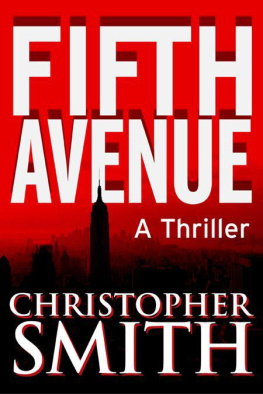


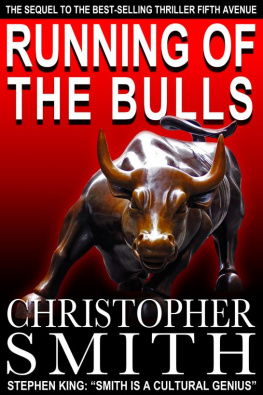
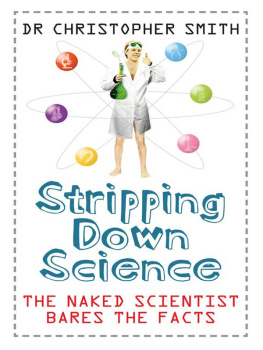
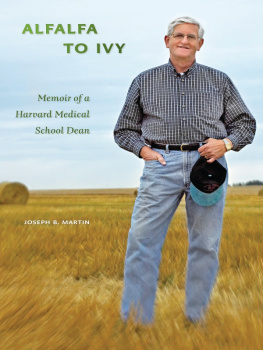
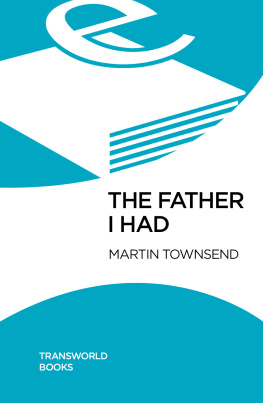

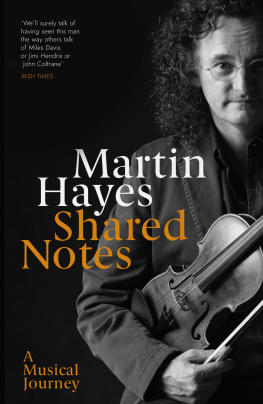
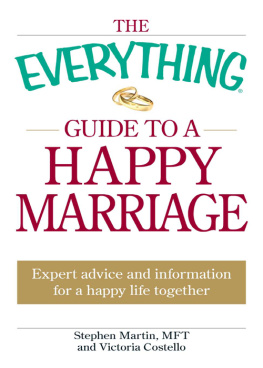
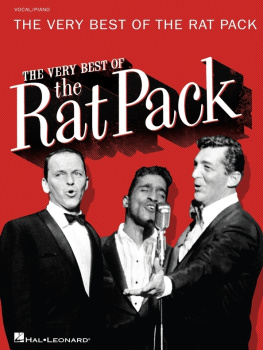
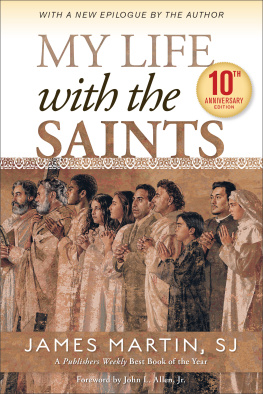
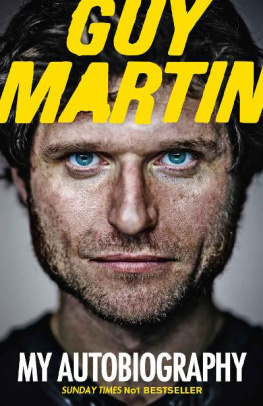
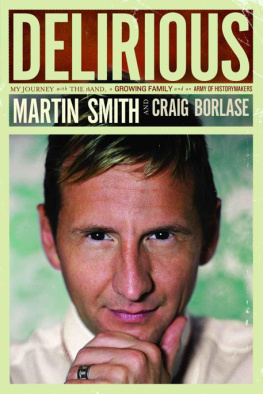


 The paper used in this publication meets the minimum requirements of American National Standard for Information SciencesPermanence of Paper for Printed Library Materials, ANSI/NISO Z39.481992.
The paper used in this publication meets the minimum requirements of American National Standard for Information SciencesPermanence of Paper for Printed Library Materials, ANSI/NISO Z39.481992.